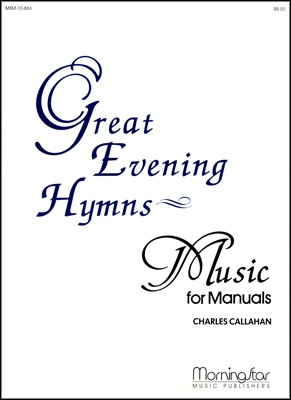- |
User Links
Now May Your Servant, Lord
Hymn Information
- First Line
- Now may your servant, Lord
- Versifier
- Dewey Westra (1931, alt.)
- Tune Name
- NUNC DIMITTIS
- Composer
- Louis Bourgeois, ca. 1510-1561 (1551)
- Harmonizer
- Claude Goudimel, ca. 1505-1574 (1564)
- Topic
- Biblical Names and Places: Simeon · Church Year: Christmas · Elements of Worship: Charge and Blessing
Copyright Information
- Text Copyright
- Public Domain
- Tune Copyright
- Public Domain
- Reprint/Projection Information
- Words and Music: The Words and Music are in the Public Domain; you do not need permission to project or reprint the Words and Music.
Full Text
Scripture References
Further Reflections on Scripture References
Recorded in Luke 2:29-32, Simeon's song is the final (fourth) "great" canticle in Luke 1-2.This song of joy and peace is part of the gospel account of the presentation of Jesus in the temple, involving first Simeon and then Anna (w. 21-40), who express thanks that salvation in Christ is for Jew and Gentile alike. Simeon's song is often called the Nunc Dimittis, after its incipit in Latin. Dewey Westra (PHH 98) versified the text in Detroit in 1931 for the 1934 Psalter Hymnal; it was revised slightly for the 1987 edition.
The Nunc Dimittis has traditionally been paired with the Magnificat for Vespers or evening services and is still sung daily in churches with a tradition of daily prayer services (see 247 for more information on this tradition). John Calvin used it at the end of the Lord's Supper. In the Scottish Kirk, if communion was served at both services, Psalm 103 would be used at the end of the morning Lord's Supper and the Song of Simeon at the end of the afternoon or evening Lord's Supper.
Bert Polman, Psalter Hymnal Handbook
Confessions and Statements of Faith References
Further Reflections on Confessions and Statements of Faith References
To leave the security of worship and enter the world for service requires firm confidence in the faithful promises of God to be with us, to care for us and bless us. Our deepest assurance comes from the comfort we have that “I am not my own, but belong—body and soul, in life and in death—to my faithful Savior Jesus Christ” (Heidelberg Catechism, Lord’s Day 1, Question and Answer 1). Because I belong to him, “he will provide whatever I need for body and soul, and will turn to my good whatever adversity he sends upon me in this sad world. God is able to do this because he is almighty God and desires to do this because he is a faithful Father” (Heidelberg Catechism, Lord’s Day 9, Question and Answer 26). We have the assurance that “our Lord speaks to us now through the inspired Scriptures. Christ is with us day by day” (Our Song of Hope, Stanza 1). How rich it is to carry such assurance of his blessing with us as we leave the service of worship!
Now May Your Servant, Lord
Blessing/Benediction
Additional Prayers
My eyes have seen your salvation.
My eyes have seen your salvation.
My eyes have seen your wonderful salvation. Amen.
Now May Your Servant, Lord
Tune Information
- Name
- NUNC DIMITTIS
- Key
- F Major
- Meter
- 6.6.7.6.6.7


 My Starred Hymns
My Starred Hymns





